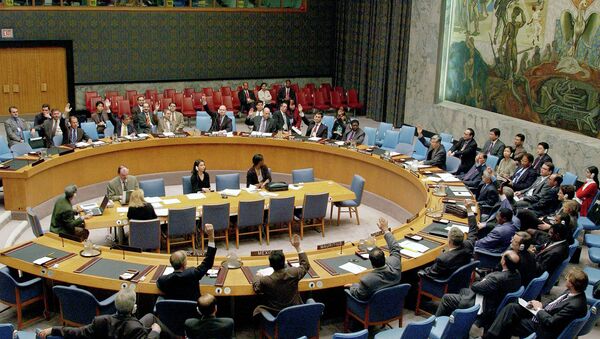Speaking at the informal meeting of General Assembly 2nd Inter-Governmental Negotiations meeting in New York, India's Permanent Representative to the UN, Syed Akbaruddin, said the approach of India, Brazil, Germany and Japan, which constitute the G4, is that the problem of veto is not one extending it immediately to new permanent members but of quality of introducing restrictions.
"The issue of veto is important, but we should not allow it to have a veto over the process of Council reform itself," Akbaruddin said.
While new members would have the same responsibilities and obligations as current permanent members, "they would not exercise the veto until a decision on the matter has been taken," he said.
The G4 stresses on Council reforms and mutually support each other's candidatures for permanent seats on an expanded body. The UN Security Council, formed in 1945, has five permanent members: China, France, Russia, the UK and US. Ten non-permanent members are elected for two-year terms.
India's bid for permanent membership, to reflect its importance as a major South Asian power, has been blocked by China and Pakistan.
"We believe that the best, and the only way, to accommodate legitimate regional and political aspirations, is to enlarge the Security Council in the non-permanent category. The only acceptable democratic method for political representation known to the modern era is periodic elections on a fixed tenure of term," Maleeha Lodhi, Pakistan's ambassador to the UN, said.
India has the support of 122 members of the 193-member UN, including the US, Russia, France and the UK.
Never miss a story again — sign up to our Telegram channel and we'll keep you up to speed!



